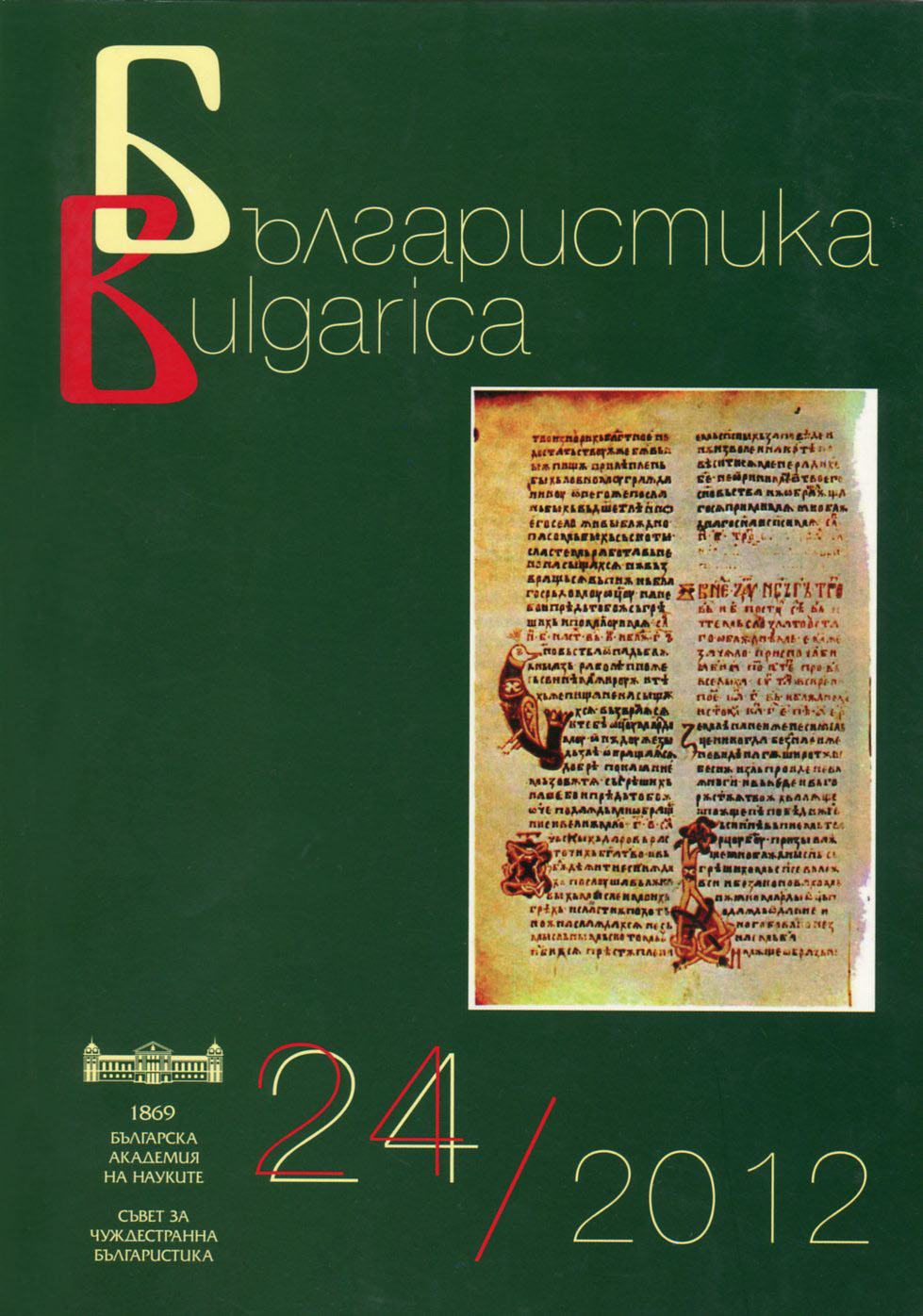
Научна периодика 2011–2012 г.
Content of the main Bulgarian scientific journals for the current year in linguistics, literature, history, folklore, ethnography, archaeology and art studies
More...We kindly inform you that, as long as the subject affiliation of our 300.000+ articles is in progress, you might get unsufficient or no results on your third level or second level search. In this case, please broaden your search criteria.

Content of the main Bulgarian scientific journals for the current year in linguistics, literature, history, folklore, ethnography, archaeology and art studies
More...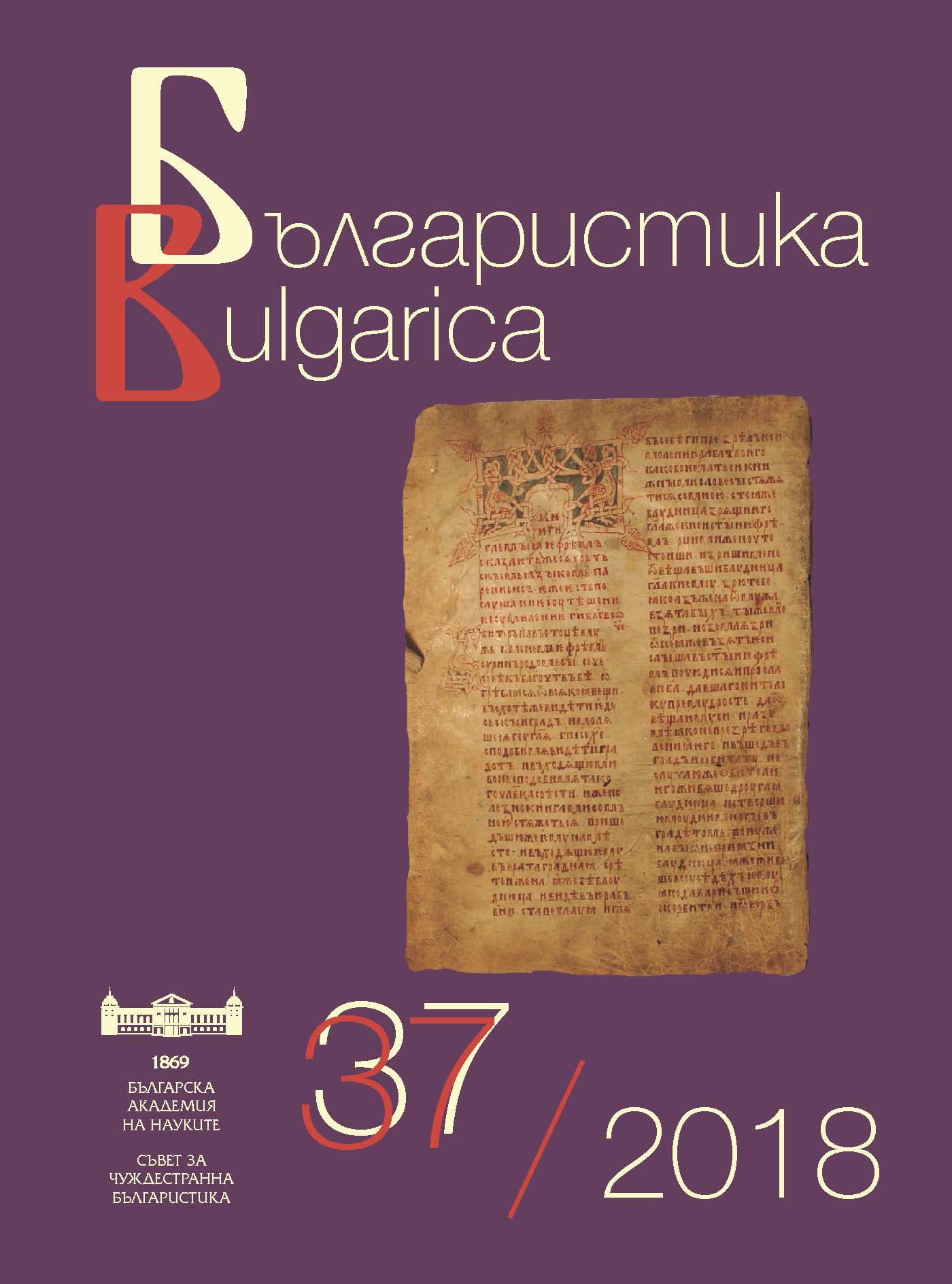
Selected bibliography in the field of Bulgarian Studies published in the current year.
More...
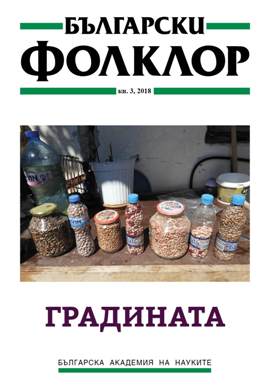
The paper deals with practices of vegetable gardening in the village of Mezdreya, Northwestern Bulgaria, before collectivization in 1958. The main question is how gardening affects social relations and, conversely, how getting into particular social relationships “makes” the garden. The interrelation between the plant world in gardens, the gardening practices, the economic interests of families, the social relations within and between families, people’s lifestyle, etc. have been studied. The article presents the interactions between families in the process of growing vegetables in irrigated gardens and in seed exchange, the association between neighbours and collective work in common benefit, the distribution of labour activities in the family by sex and age.
More...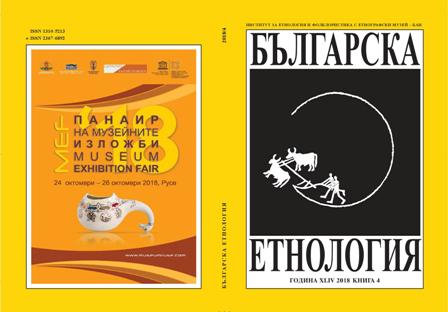
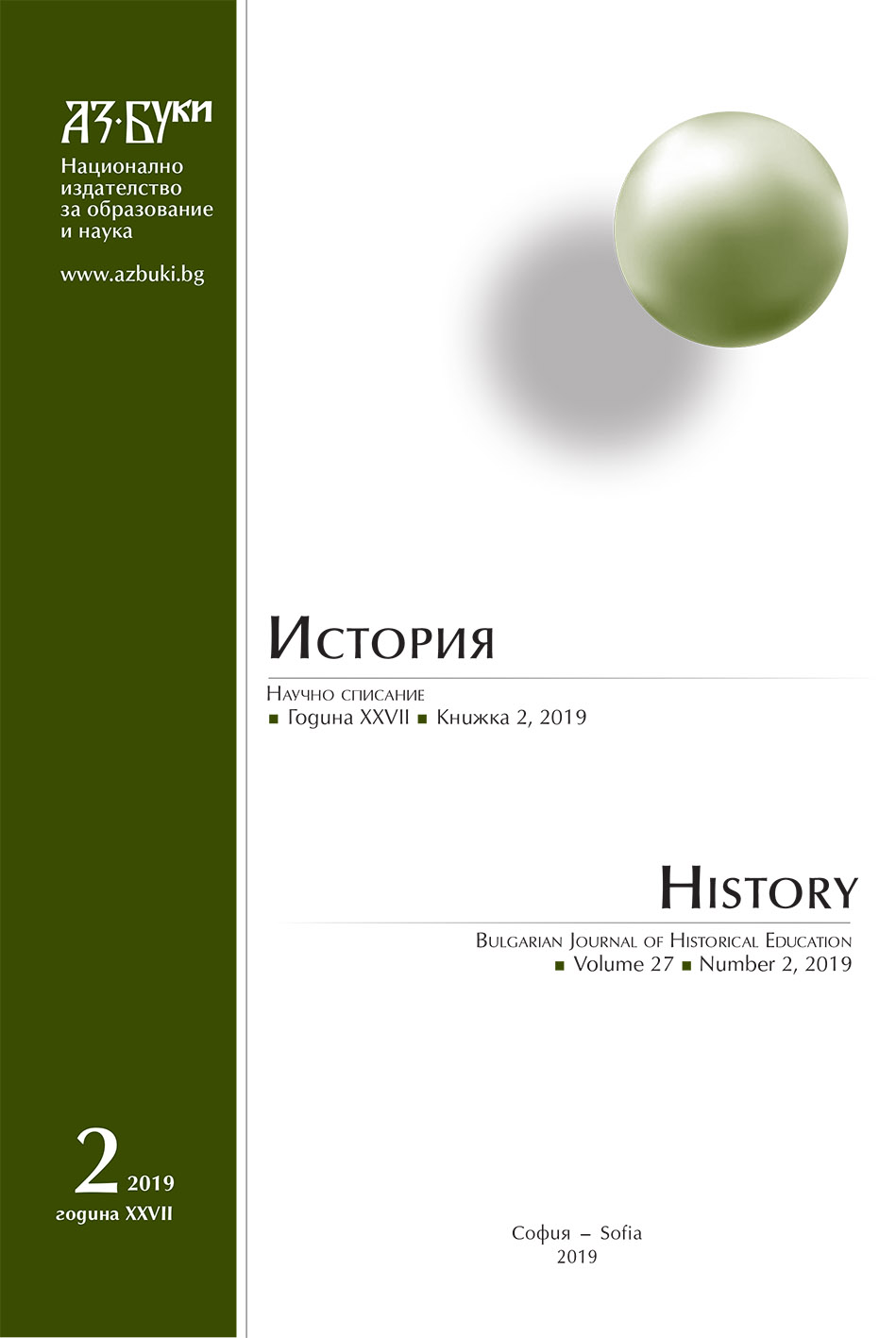
This study explores how the West defines the East in the works of Tzvetan Todorov and how the definition of the West itself shifts with the discovery of the New World in the XVI century. We will take as an example the impression of French travelers in Bulgaria in the XIX century in order to show that the image of the East gets often misunderstood by the West. With the discovery of America, the definition of what West means changes. These definitions are fluid and modifiable and are essential in order to understand how later historical interactions between East and West are carried out.
More...
National Library Ivan Vazov in Plovdiv is the second biggest library in Bulgaria. It functions as the second national depository of Bulgarian printed output and has contributed significantly to preserving the national cultural and historical heritage. This article offers an overview of the library’s history and current developments in the field of digitization.
More...
Most international relations theorists regard the state as their primary actor, and the security concept is based too upon the society in its state form. However, the present phase of state existence, was only achieved after an extensive process of human societies' development in this direction, and the current state form, in its turn, is not definitive, as the state-organized societies are still in a continuous process of evolution, characterized by permanent change. In this paper we shall analyze how human societies have traversed the transition from the early stage, based on the itinerant exploitation of natural resources, which requires only an incipient organization,to the proto-state societies, and then, in a later process, we will continue our analysis until we find the model of state that we meet today.
More...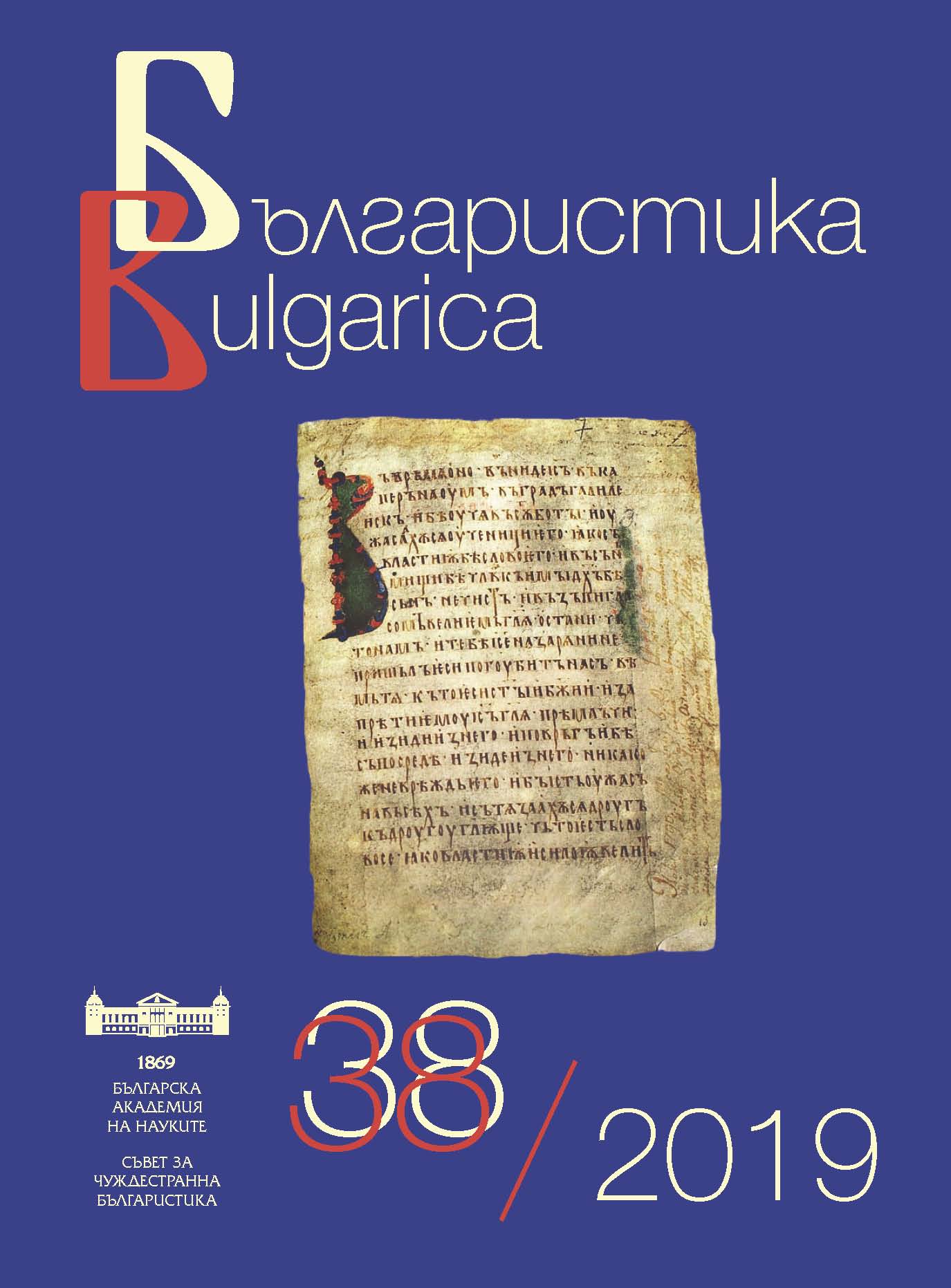
Selected bibliography in the field of Bulgarian Studies published in the current year
More...
Content of the main Bulgarian scientific journals for the current year in linguistics, literature, history, folklore, ethnography and art studies
More...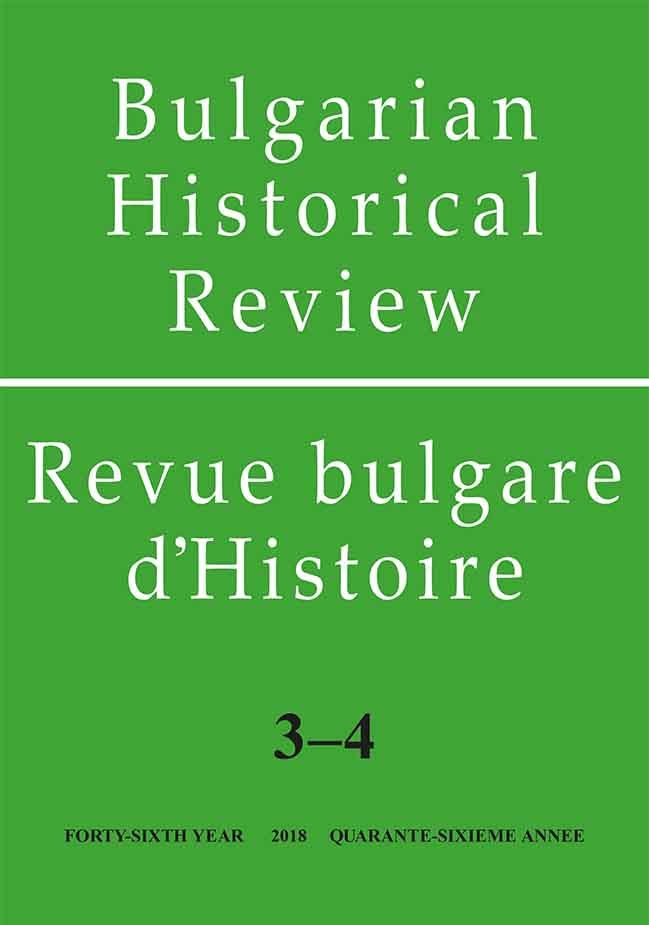
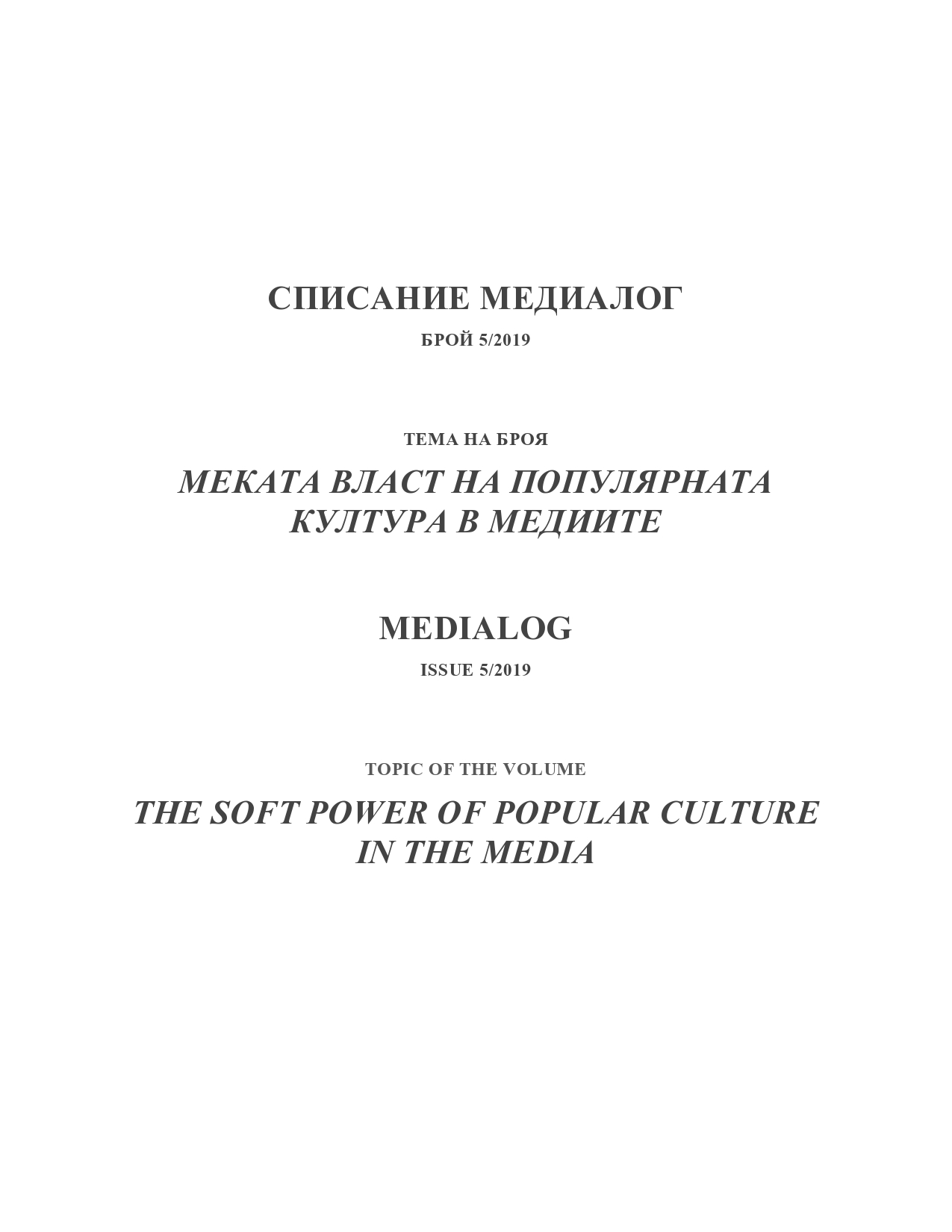
A review of Ivaylo Dichev’s book „Cultural scenes of the political”
More...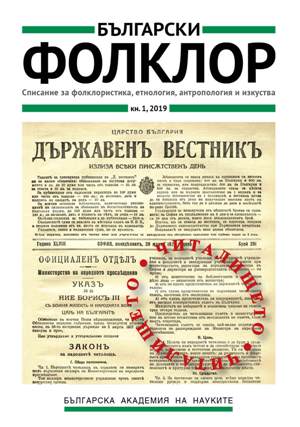
Asserting for decades on end its status of a focal point of the (social and) cultural life of (predominantly small) communities, the institution of the Bulgarian chitalishte in its more than a century existence has gradually but firmly accepted and realized its functions related to the transmission of the local culture. The text develops the discourse about the chitalishte as “memory” as well as a a “generator” of local culture, closely related to its institutional status based on community unification.
More...
The aim of the present study is to explain the role of the Bulgarian chitalishte institution in the process of safeguarding of intangible cultural heritage. The analysis focusses on the legal provisions and on the regulations concerning the chitalsihte (as cultural and educational institution, which is specific for Bulgaria) in the context of the Convention for the Safeguarding of the Intangible Cultural Heritage. The author also analyses the different aspects of the relations between this specific institution, the community and the cultural heritage in the context of the chitalishte (i.e. as museum artefacts in ethnographic collections, as written, photo, phono or video recordings in chitalishte archives, as traditional knowledge, skills and experience diachronically transmitted within the particular local communities).
More...
This article analyses the Council of Europe Framework Convention on the value of Cultural Heritage for Society with a focus on the right of cultural heritage and exploring the innovative concept that it introduces – a heritage community. In particular, the scope of the community, the signs of community unification, the criteria for community formation and the differences from other communities are outlined. The article is presented in two parts. The first reviews the two basic documents of the Council of Europe Framework Convention on the value of Cultural Heritage for Society and the Explanatory Report that comes with it. The second part reviews the EU documents, which are related to the Faro Convention.
More...
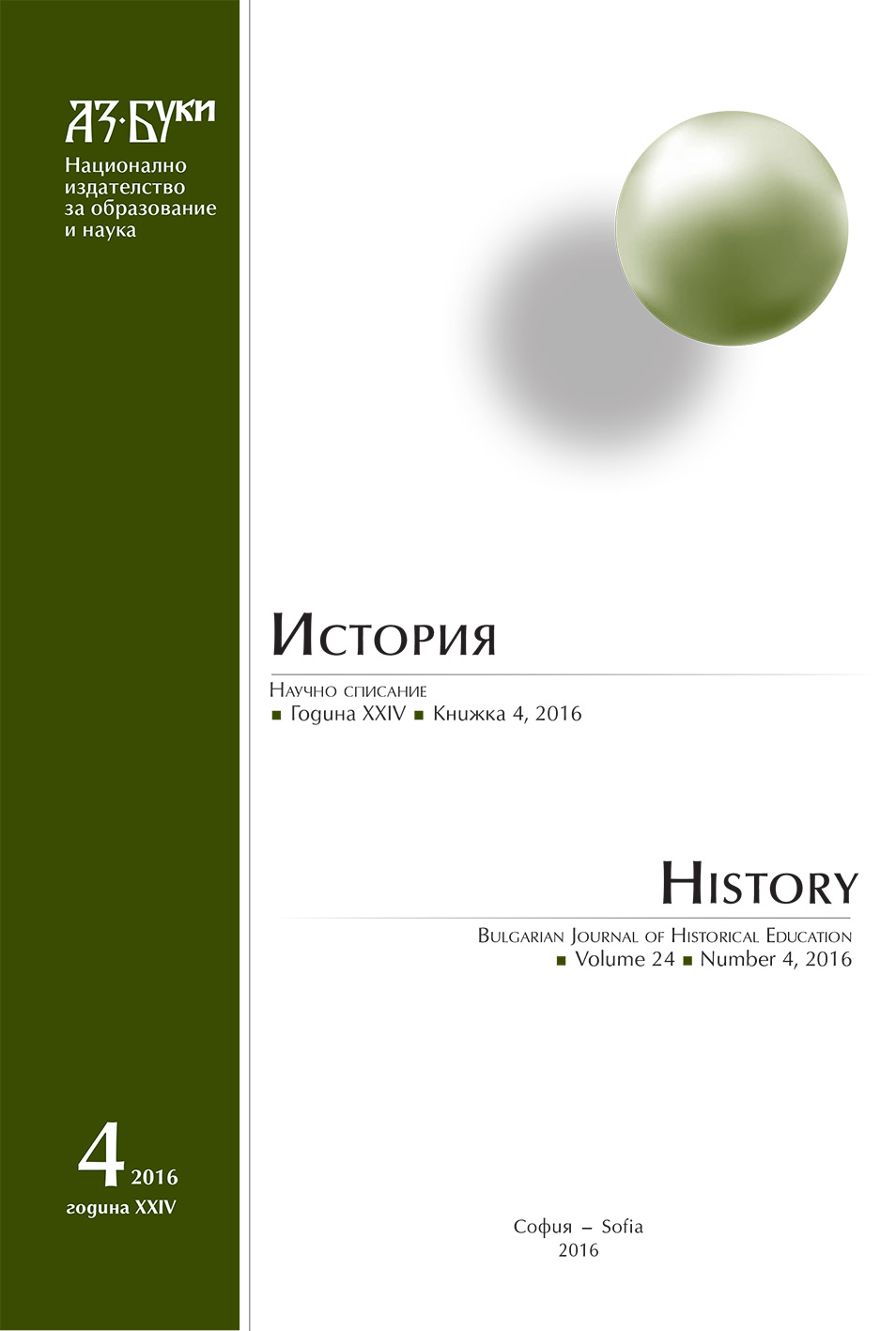
The article highlights the main difficulties and problems that Bulgarian teachers face abroad, particularly in the US, in bringing up patriotic feelings in children born and growing outside of Bulgaria. Also, the author shares her good pedagogical practices that she apply in one of the biggest Bulgarian schools in Chicago, USA to deal with the difficult task to teach their students to care about Bulgaria.
More...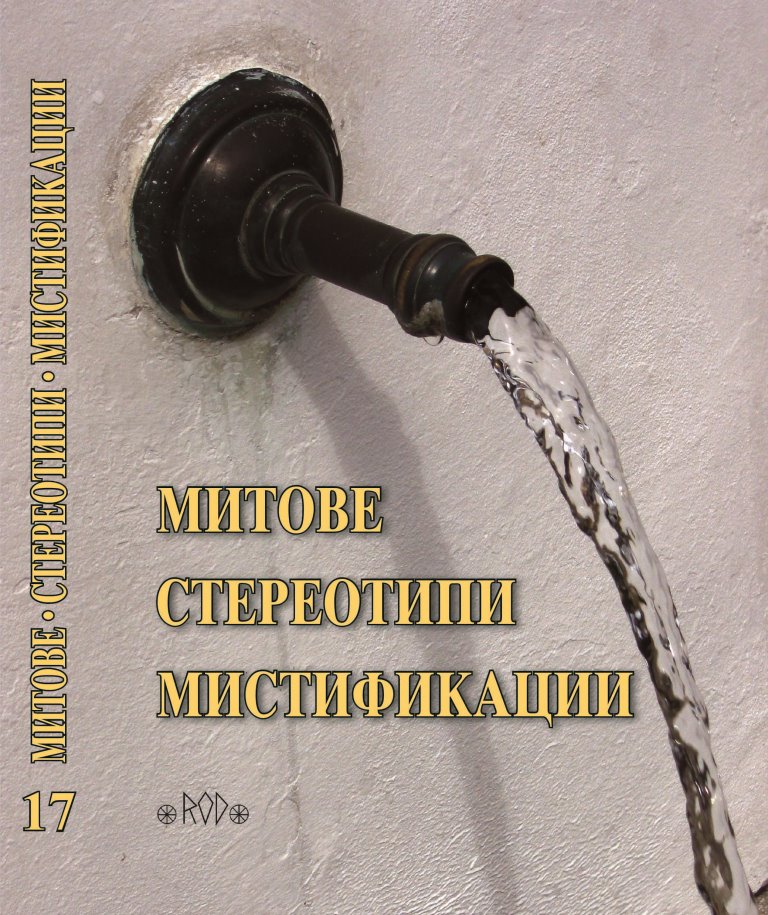
To write this material I was provoked by my love for the history and traditions of the place I have chosen to build a villa. For years, I have been gathering material from the stories of the local’s neighbors. Then I went through the existing scientific publications.
More...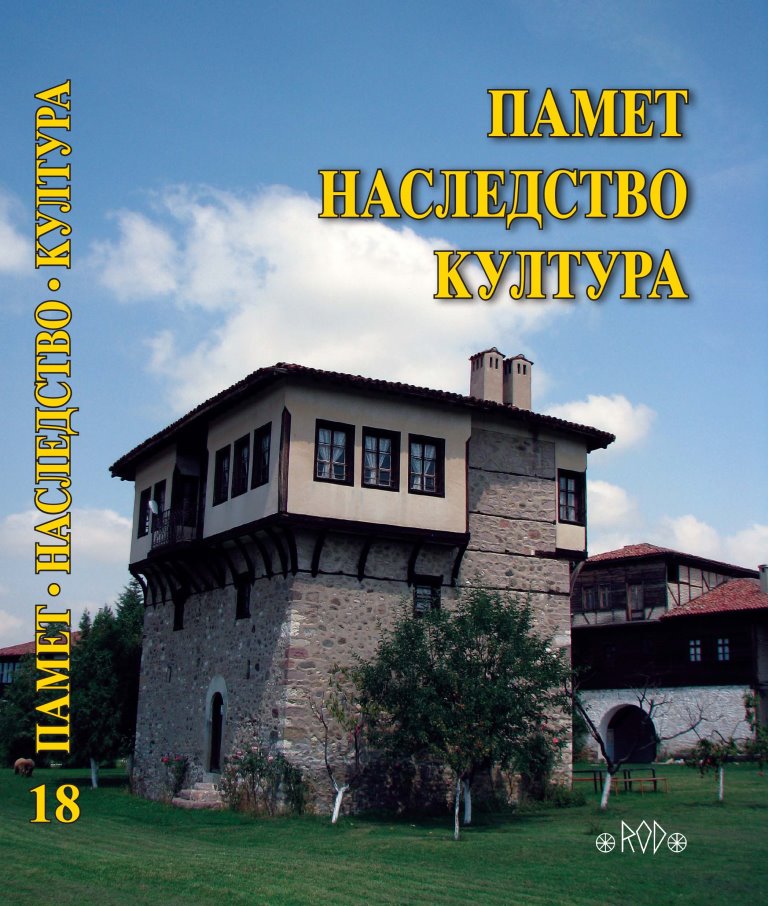
In the article are discussed anthroponyms of pilgrims from Dobrevtsi village, Teteven district, entered in the Etropole beadroll in 1648. For comparison of an earlier period are given names of people from the same village in the Ottoman registers of tax revenue from 1515 and 1584, allowing you to track certain features of the system names, ethnic, confessional and social composition of the population etc. Anthroponyms from the village are compared with those of the pilgrims from Etropole mentioned in the Etropole beadroll.
More...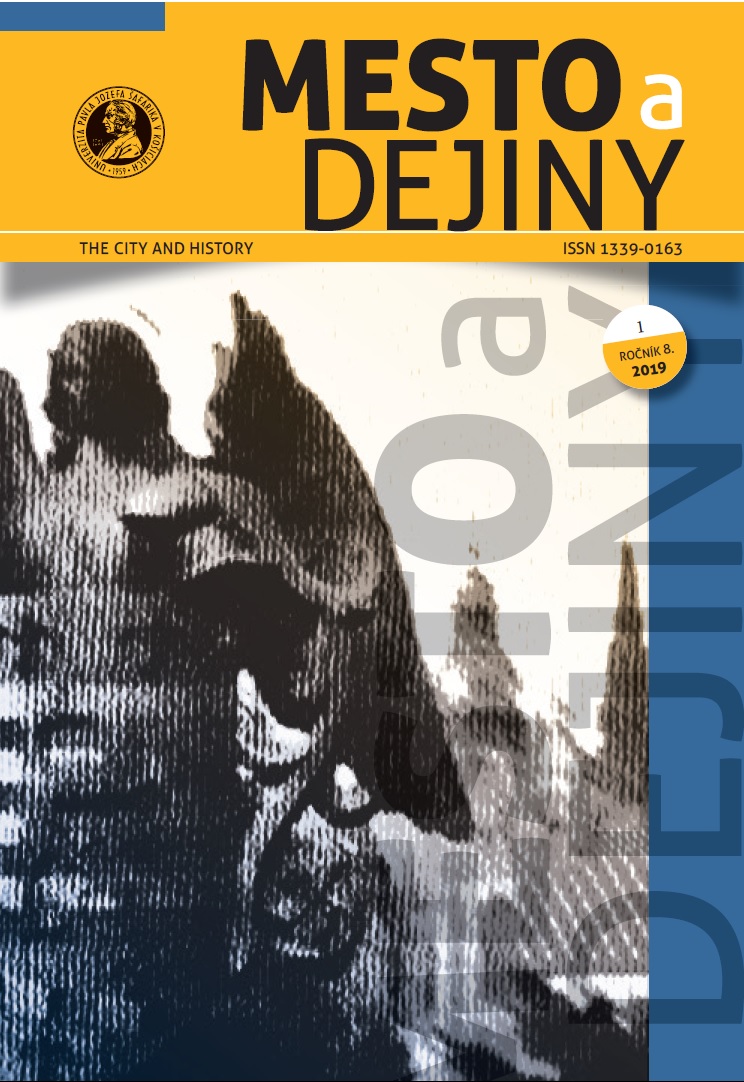
The extension of totalitarian and authoritarian regimes in the first half of the twentieth century, which hit most European states, required political interferences within the highest legislative and executive authorities of states as well as in local administrations and bodies of self-government. Legislative interventions resulted in the formation of new local political elites whose representatives, mostly recruited by the criterion of political reliability, held the defining positions and played the significant role in implementing anti-Jewish policy during the Holocaust era. The main aim of this contribution is the analysis of the mechanisms of legislative interventions into the creation of new local political elites in selected examples of Nazi-occupied countries (General Government, Protectorate of Bohemia and Moravia) and allied regimes (Slovak State and Hungary).
More...